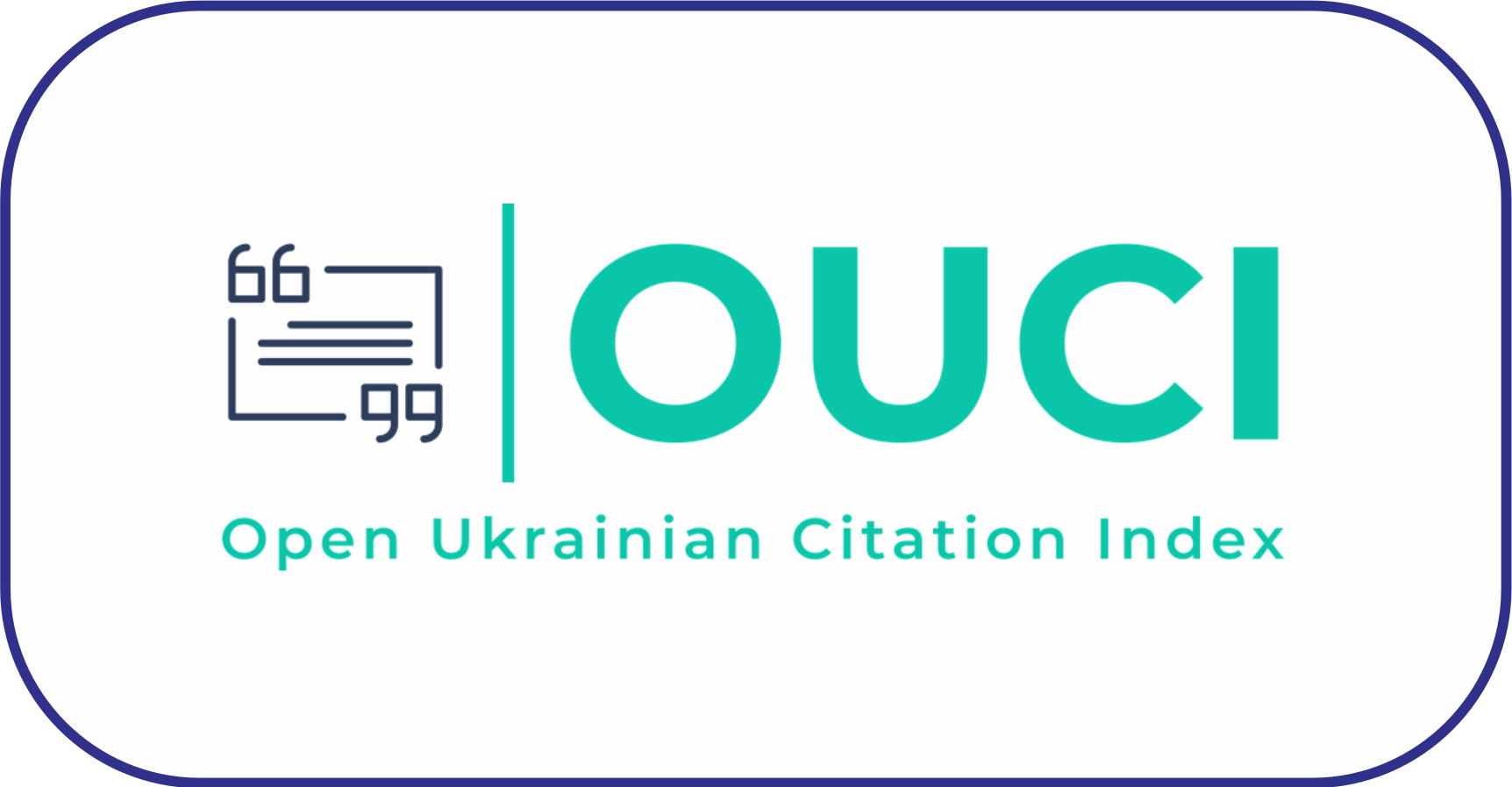ISSN: 3079-174X
About Special Issues
Special issues refer to a set of articles within a publication that are dedicated to a specific theme, topic, or event. These issues are often used to investigate deeply into a particular subject, highlight emerging trends, or provide in-depth coverage of a significant event or development. Theme or focus could be a current issue in a particular field, a new area of research, or a comprehensive review of existing knowledge.
Special issues are typically coordinated by guest editors who are experts in the chosen theme. These editors are responsible for soliciting and reviewing submissions, ensuring the quality of the content, and overseeing the entire editorial process. To run a special issue, a call for papers is often issued to the academic community. Researchers and scholars are invited to submit original articles, reviews, or research papers that align with the theme of the special issue. Submissions to special issues undergo a peer-review process, where experts in the field evaluate the quality, relevance, and validity of the content. This process helps maintain the academic rigor and integrity of the special issue.
Special issues may have a dedicated publication schedule that differs from the regular issues. They often attract attention because of their focused nature. Researchers and professionals interested in the specific theme are more likely to engage with and cite articles from a special issue.
Benefits of Being a Guest Editor
The Guest Editor team collectively possesses three APC waivers, allowing them to submit up to three research and/or review manuscripts for their designated Special Issue. Additionally, the team has the option to utilize the APC waivers to commission research or review articles from experts within the field. Once all submitted manuscripts successfully undergo peer review, the Guest Editor team is requested to compose an Editorial introducing the Special Issue. It is important to note that this specific article type is exempt from any APC charges. To maintain an unbiased review process, any submissions to the Special Issue by the Guest Editors themselves will be managed by members of the journal's Editorial Board. In acknowledgment of the Guest Editors' contributions, and to ensure transparency in the journal's review procedures, the name of the Guest Editor responsible for accepting a manuscript will be disclosed in the published version of the article.
Additional Benefits of Being a Guest Editor Include:
Professional Networking
Interaction with other researchers, scholars, and experts in the field allows you to expand your professional network. Establishing connections with fellow Guest Editors, authors, and reviewers can lead to collaborative opportunities and future research collaborations.
Visibility and Recognition
Guest editing provides an opportunity to enhance your visibility and recognition within your academic community. Being associated with a Special Issue can contribute to building your reputation as an expert in a specific area of research.
Enhanced Editorial Skills
Guest editing helps you to improve your editorial skills, including the ability to critically evaluate and select high-quality contributions. You gain experience in coordinating the review process, managing submissions, and ensuring the overall quality of the published content.
Access to Cutting-Edge Research
Working on a Special Issue provides access to the latest research and developments in your field of interest. You stay informed about emerging trends, methodologies, and perspectives within the scope of the Special Issue.
Contribution to Knowledge
Guest editing allows you to contribute to the advancement of knowledge in your field by assembling a collection of articles that address specific themes or gaps in the literature. You play a role in shaping the academic discourse and guiding the direction of research.
Increased Citations and Impact
Involvement in a Special Issue can lead to increased citations of your work, especially if the issue gains attention within the academic community. The impact factor of the journal may benefit from the success and visibility of the Special Issue.
Editorial Board Experience
Serving as a Guest Editor provides valuable experience that may open doors to more significant editorial roles, such as joining the editorial board of a journal. It adds credibility to your professional profile and may lead to invitations for future editorial responsibilities.
Professional Development
Guest editing offers opportunities for professional development, helping you stay up-to-date with editorial best practices and ethical standards in academic publishing. You may gain insights into the challenges and rewards of the editorial process.
Skill Diversification
In addition to subject-specific knowledge, you develop skills in project management, communication, and collaboration. The experience may enhance your ability to manage multiple tasks and deadlines effectively.
Personal Satisfaction
Contributing to the dissemination of knowledge and playing a role in advancing your field can be personally fulfilling. Seeing the Special Issue published and well-received can be a source of pride and satisfaction.


























